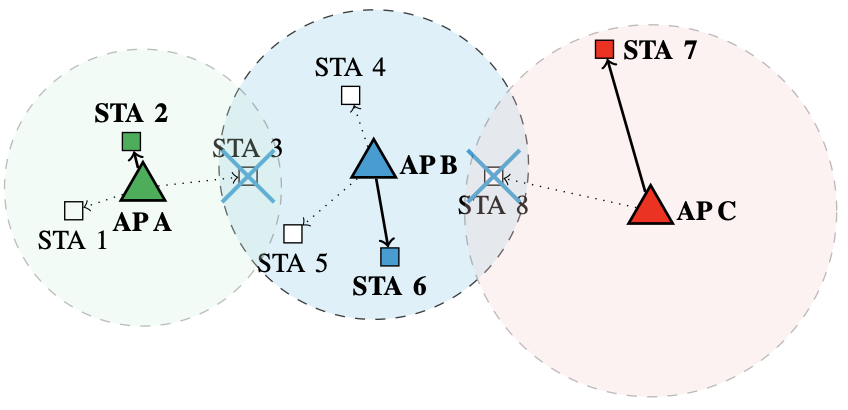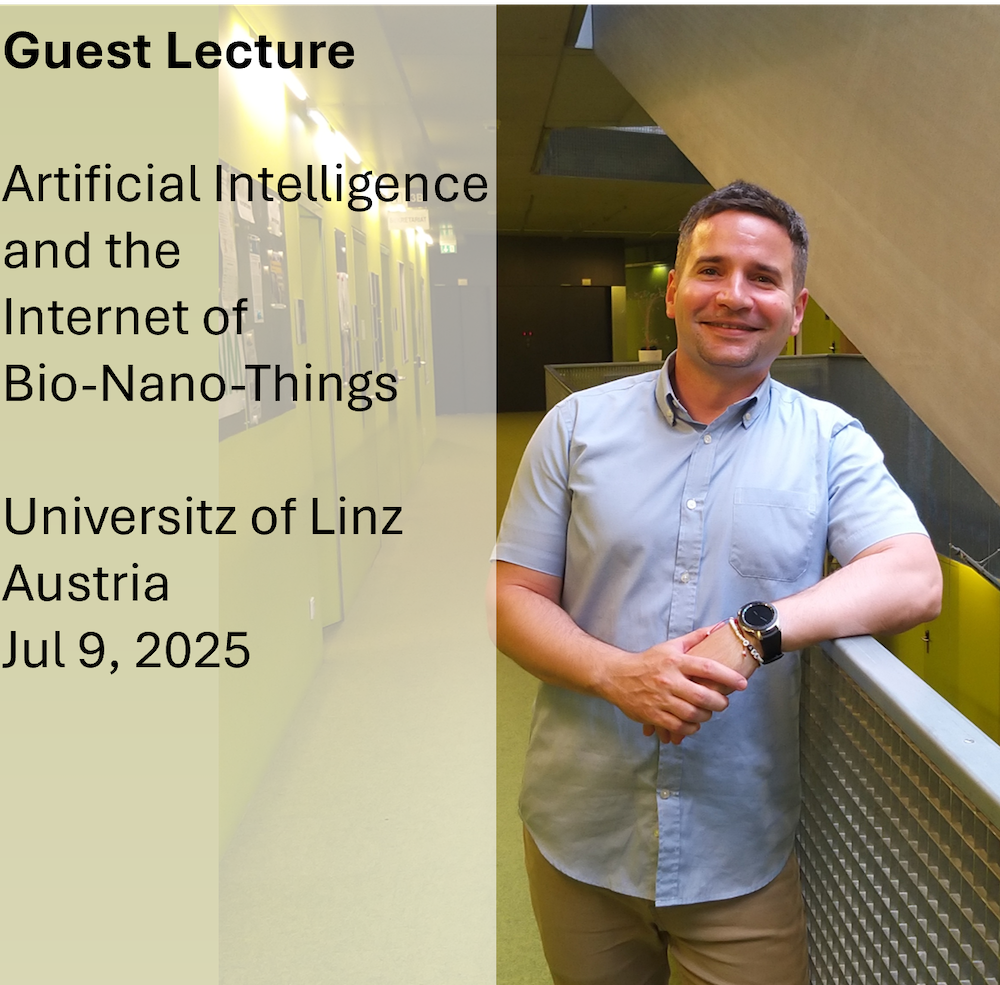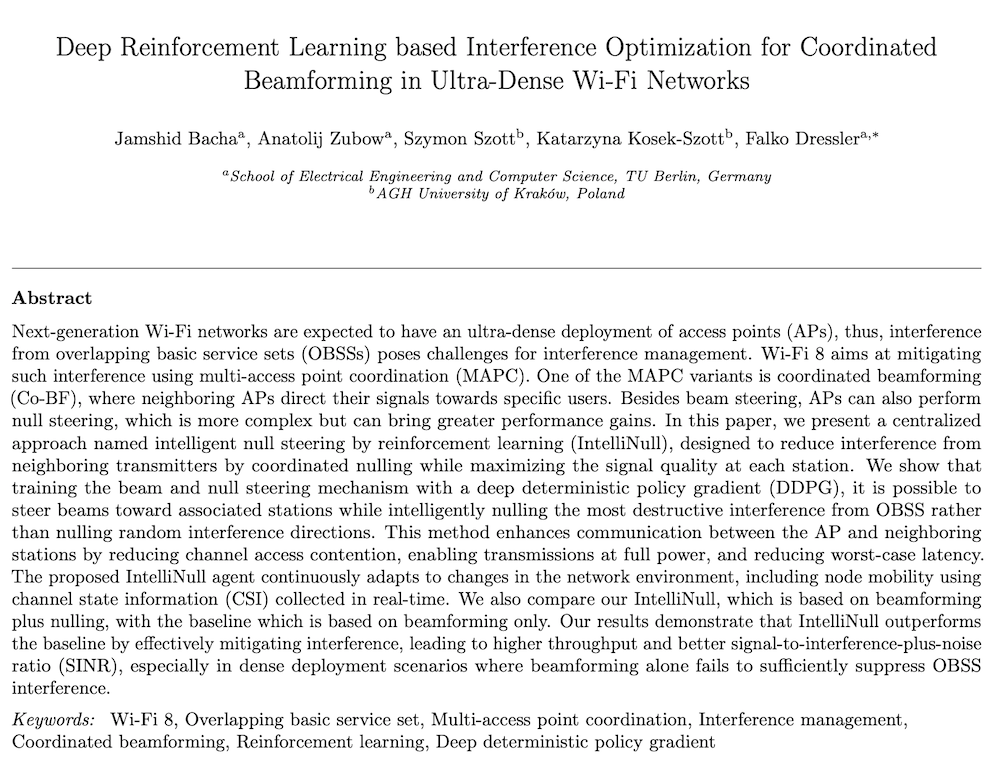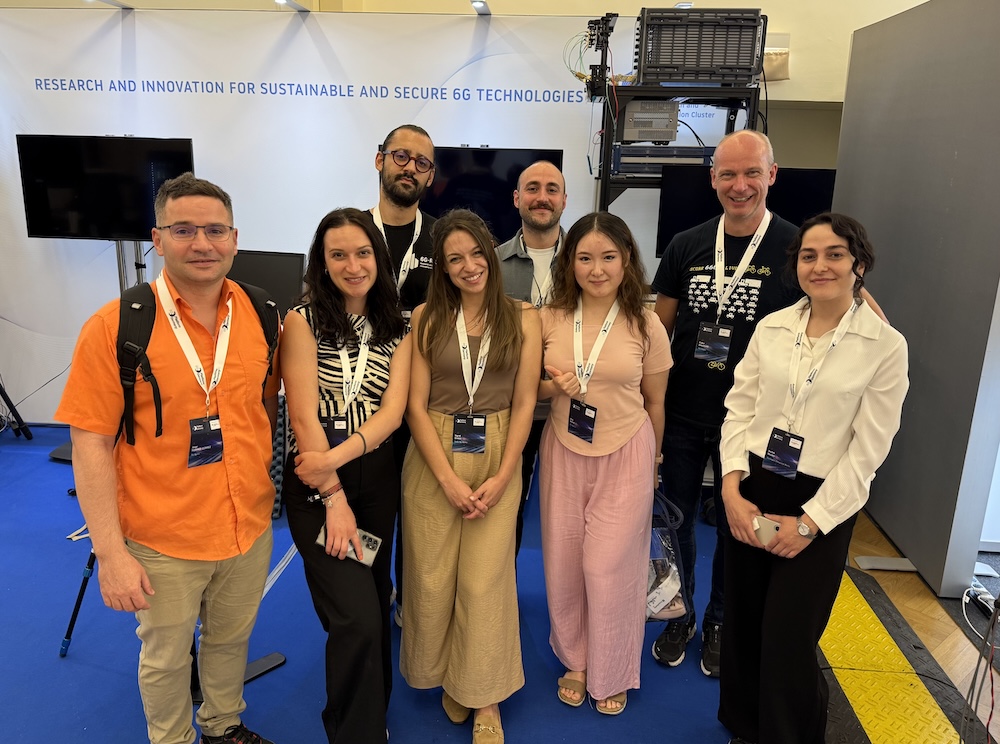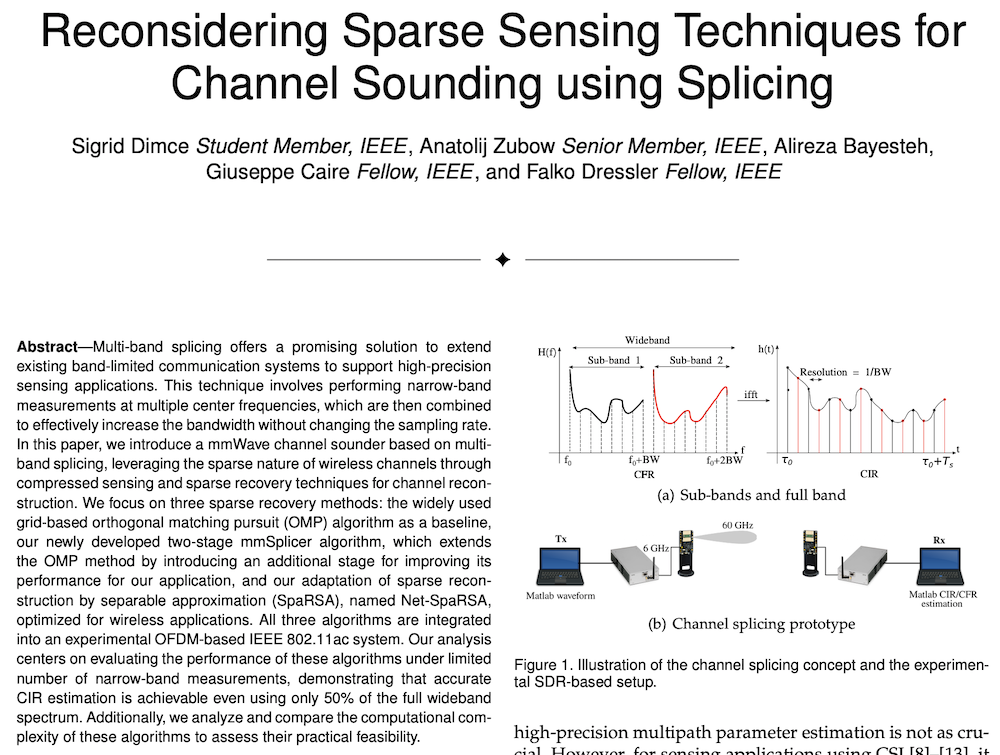Literature Database Entry
ergenc2023resilience
Doğanalp Ergenç, "Resilience of Service-oriented and Time-sensitive Mission-critical Networks," PhD Thesis, Faculty of Mathematics, Informatics, and Natural Sciences, University of Hamburg, July 2023. (Advisor: Mathias Fischer; Referees: Mathias Fischer, Falko Dressler and Jacek Rak)
Abstract
Modern mission-critical systems (MCSs) have become complex technological ecosystems that consist of several inter-connected services with various quality of service (QoS) and resilience requirements. Their increasing heterogeneity and connectivity make MCSs vulnerable to further safety and security threats. Moreover, traditional system design and networking technologies remain inadequate due to their limitations on configurability and extensibility. Therefore, two new design paradigms, service-oriented architecture (SOA) and IEEE 802.1 Time-sensitive Networking (TSN) protocols, have been recently employed in MCSs to fulfill their evolving requirements. SOA enables allocating service instances on top of virtualized embedded nodes, which provides significant design flexibility. TSN unifies various networking equipment and protocols to forward time-sensitive data streams on top of standard Ethernet technologies that are less costly and easy to deploy. Both paradigms enable novel countermeasures against safety and security threats, thus increasing the resilience of MCSs. However, this induces additional complexity for distributing services and configuring time-sensitive streams, which can introduce additional safety and security threats that should be rigorously investigated. Accordingly, in this cumulative thesis, we present several contributions to collectively build resilient, service-oriented, and time-sensitive MCSs. These contributions constitute the complementary design artifacts for the initial configuration, maintenance, and protection of MCSs. They are further aligned with our primary resilience goals: fault tolerance, autonomy, and security. For resilient service-oriented design, we first optimally allocate resources for mixed-criticality services and data routing satisfying their QoS requirements. This also includes reserving backup resources for fault tolerance in case of node and link failures. Then, we develop a distributed and autonomous orchestration mechanism to maintain this service configuration without relying on a centralized controller. Lastly, we model defensive strategies by redistributing services and rerouting their communication paths for an increased security against targeted attacks. For resilient time-sensitive networking, firstly, we optimally schedule time-sensitive streams by developing an autonomous configuration mechanism for a prominent TSN scheduling protocol. We then propose a strategy to find the most reliable redundant paths against multiple link failures and configure them for the only fault tolerance protocol among TSN standards. Lastly, we explore potential attack vectors against TSN protocols and propose an open-source security monitoring system. Finally, we discuss several potential research topics to address further complexity, interconnectivity, and security issues regarding MCSs as future work.
Quick access
Contact
BibTeX reference
@phdthesis{ergenc2023resilience,
author = {Ergen{\c{c}}, Doğanalp},
title = {{Resilience of Service-oriented and Time-sensitive Mission-critical Networks}},
advisor = {Fischer, Mathias},
institution = {Faculty of Mathematics, Informatics, and Natural Sciences},
location = {Hamburg, Germany},
month = {7},
referee = {Fischer, Mathias and Dressler, Falko and Rak, Jacek},
school = {University of Hamburg},
type = {PhD Thesis},
year = {2023},
}
Copyright notice
Links to final or draft versions of papers are presented here to ensure timely dissemination of scholarly and technical work. Copyright and all rights therein are retained by authors or by other copyright holders. All persons copying this information are expected to adhere to the terms and constraints invoked by each author's copyright. In most cases, these works may not be reposted or distributed for commercial purposes without the explicit permission of the copyright holder.
The following applies to all papers listed above that have IEEE copyrights: Personal use of this material is permitted. However, permission to reprint/republish this material for advertising or promotional purposes or for creating new collective works for resale or redistribution to servers or lists, or to reuse any copyrighted component of this work in other works must be obtained from the IEEE.
The following applies to all papers listed above that are in submission to IEEE conference/workshop proceedings or journals: This work has been submitted to the IEEE for possible publication. Copyright may be transferred without notice, after which this version may no longer be accessible.
The following applies to all papers listed above that have ACM copyrights: ACM COPYRIGHT NOTICE. Permission to make digital or hard copies of part or all of this work for personal or classroom use is granted without fee provided that copies are not made or distributed for profit or commercial advantage and that copies bear this notice and the full citation on the first page. Copyrights for components of this work owned by others than ACM must be honored. Abstracting with credit is permitted. To copy otherwise, to republish, to post on servers, or to redistribute to lists, requires prior specific permission and/or a fee. Request permissions from Publications Dept., ACM, Inc., fax +1 (212) 869-0481, or permissions@acm.org.
The following applies to all SpringerLink papers listed above that have Springer Science+Business Media copyrights: The original publication is available at www.springerlink.com.
This page was automatically generated using BibDB and bib2web.

